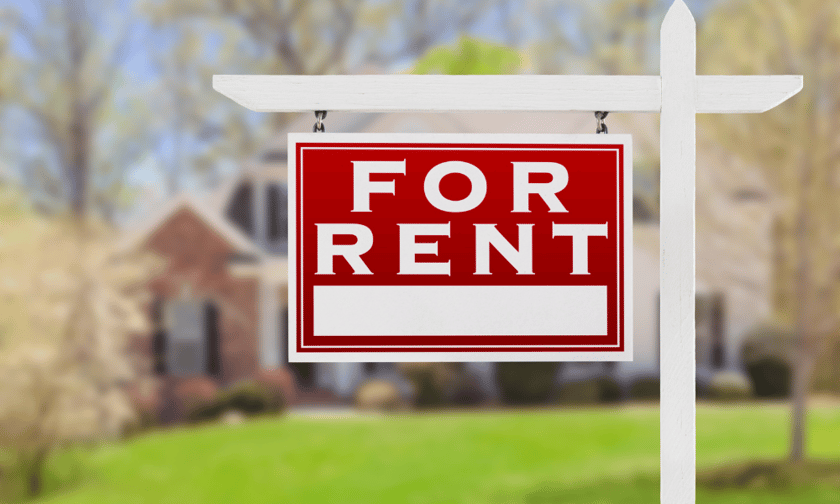

The Western Australian government has introduced significant reforms to rental laws to enhance tenant rights and improve fairness in the rental market, with notable implications for investor landlords, according to Adviseable.
One of the major changes is the adjustment to notice periods for terminating rental agreements. Landlords will now be required to provide extended notice periods, ensuring tenants have more time to secure alternative accommodation.
This reform aims to offer greater security and stability for renters.
The new regulations place restrictions on how frequently landlords can raise rents. Rent increases will now be limited to once per year, with a minimum of 60 days’ notice required before implementing any increase.
This change is designed to prevent sudden hikes in rent, allowing tenants to better manage their rental costs.
The reforms also modify pet ownership rules within rental properties. Landlords will face limitations on their ability to refuse tenants with pets, requiring a more detailed justification for any refusals.
This aims to make rental properties more accessible to pet owners, reducing the number of tenants turned away due to pet ownership.
Tenants will benefit from enhanced rights regarding property maintenance. Landlords must now ensure that rental properties are kept in good repair and that essential services, such as heating and cooling, are functional.
This change ensures properties meet safety and livability standards.
Tenants now have more flexibility to terminate their leases early under certain circumstances, such as domestic violence or significant personal changes.
This reform provides a more compassionate approach to lease agreements.
The extended notice periods and stricter rent increase rules will place a greater administrative burden on landlords. Compliance with these new requirements may necessitate changes in property management practices.
With caps on rent increases and higher maintenance standards, investor landlords could see a reduction in rental income. These factors may impact the overall profitability of their properties.
Navigating the new regulations could lead to higher legal and compliance costs for landlords. They may need to invest in legal advice and property management services to ensure adherence to the new laws.
Restrictions on denying tenants with pets may increase demand for pet-friendly rental properties. This could present opportunities for landlords, but they may also need to adjust their policies and properties to accommodate pets.
While the reforms impose additional requirements on landlords, they also have the potential to boost tenant satisfaction. Improved maintenance and greater stability in rental agreements could lead to longer tenancies and a more stable rental income for adaptable investors.
In summary, the recent rental reforms in WA signify a substantial shift in the rental landscape, focusing on tenant rights and property standards. Although these changes present challenges for investor landlords, they also create opportunities for those willing to embrace the evolving regulatory environment, Adviseable said.
Get the hottest and freshest mortgage news delivered right into your inbox. Subscribe now to our FREE daily newsletter.
